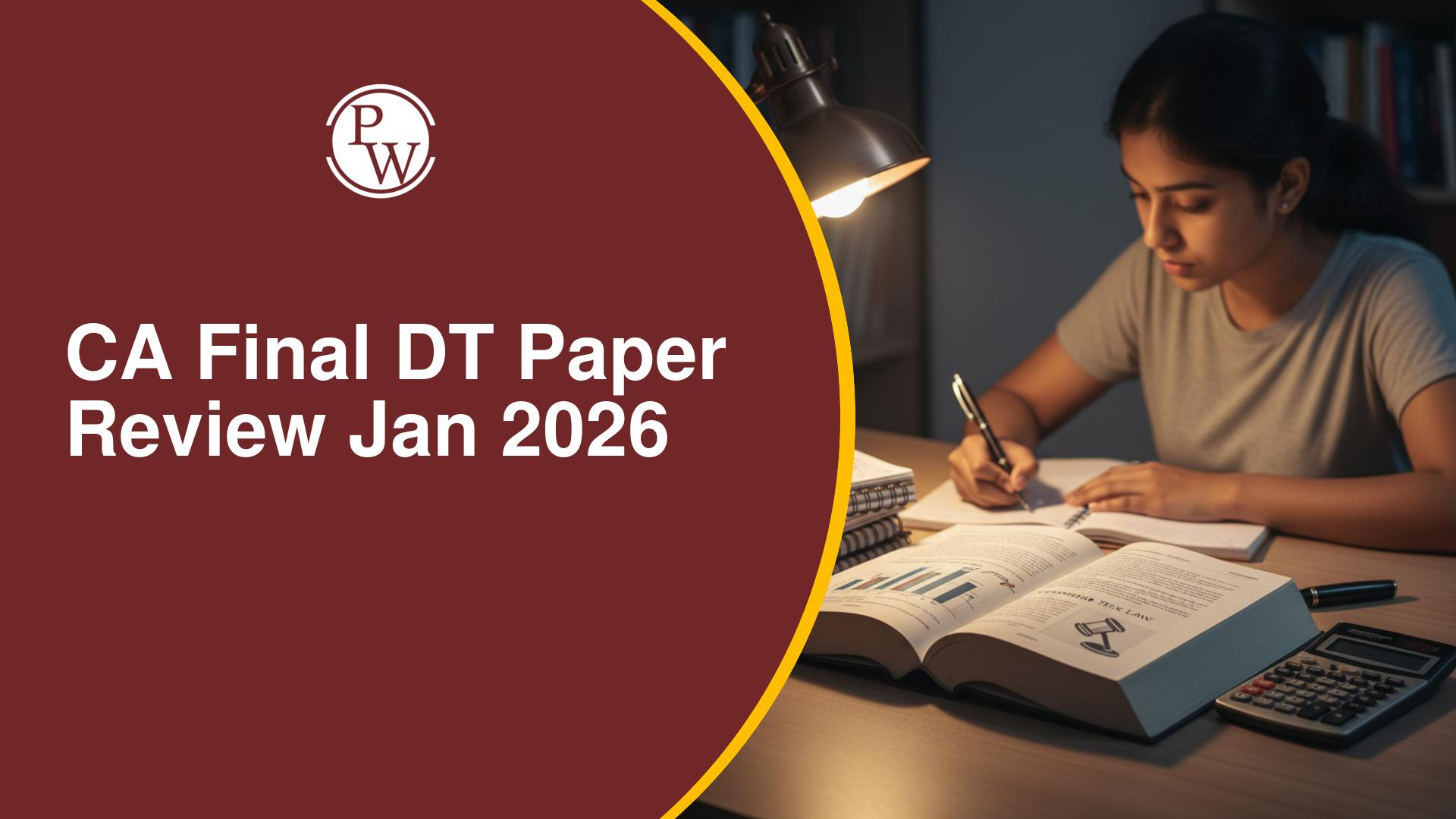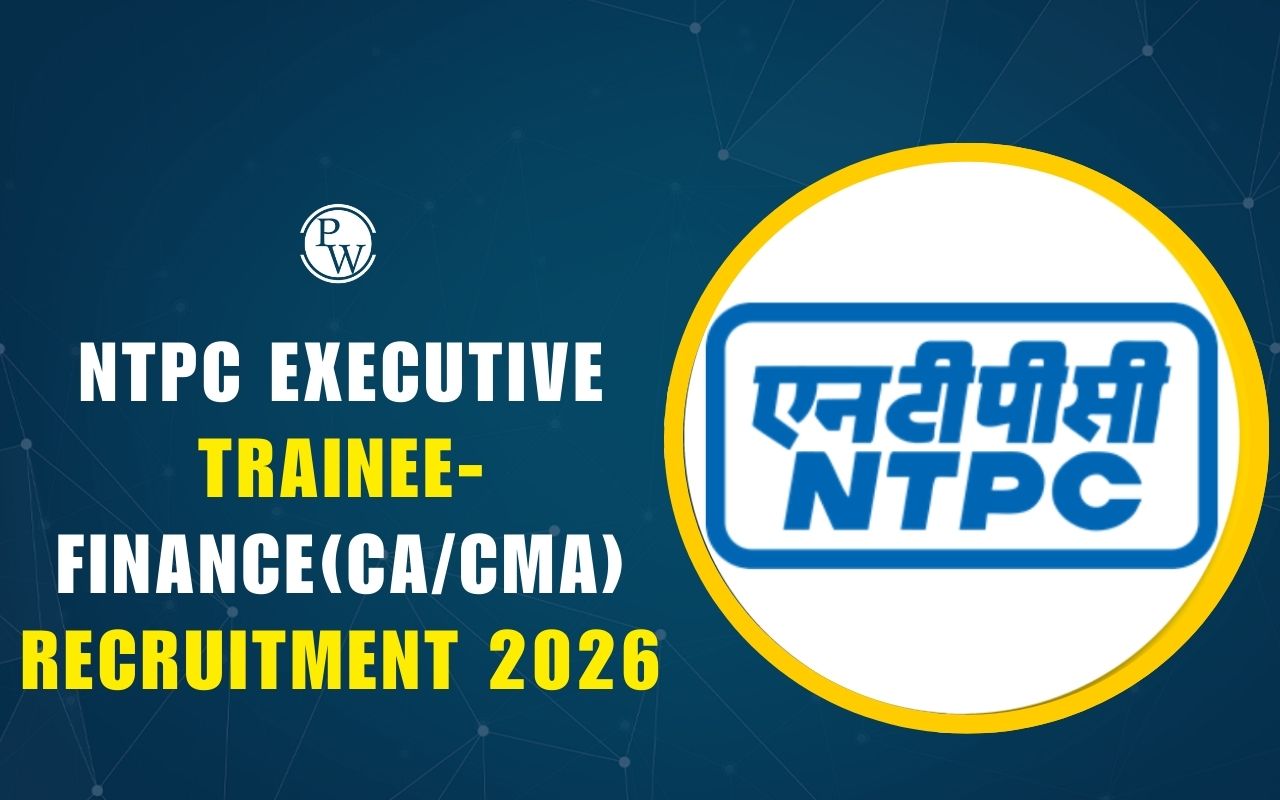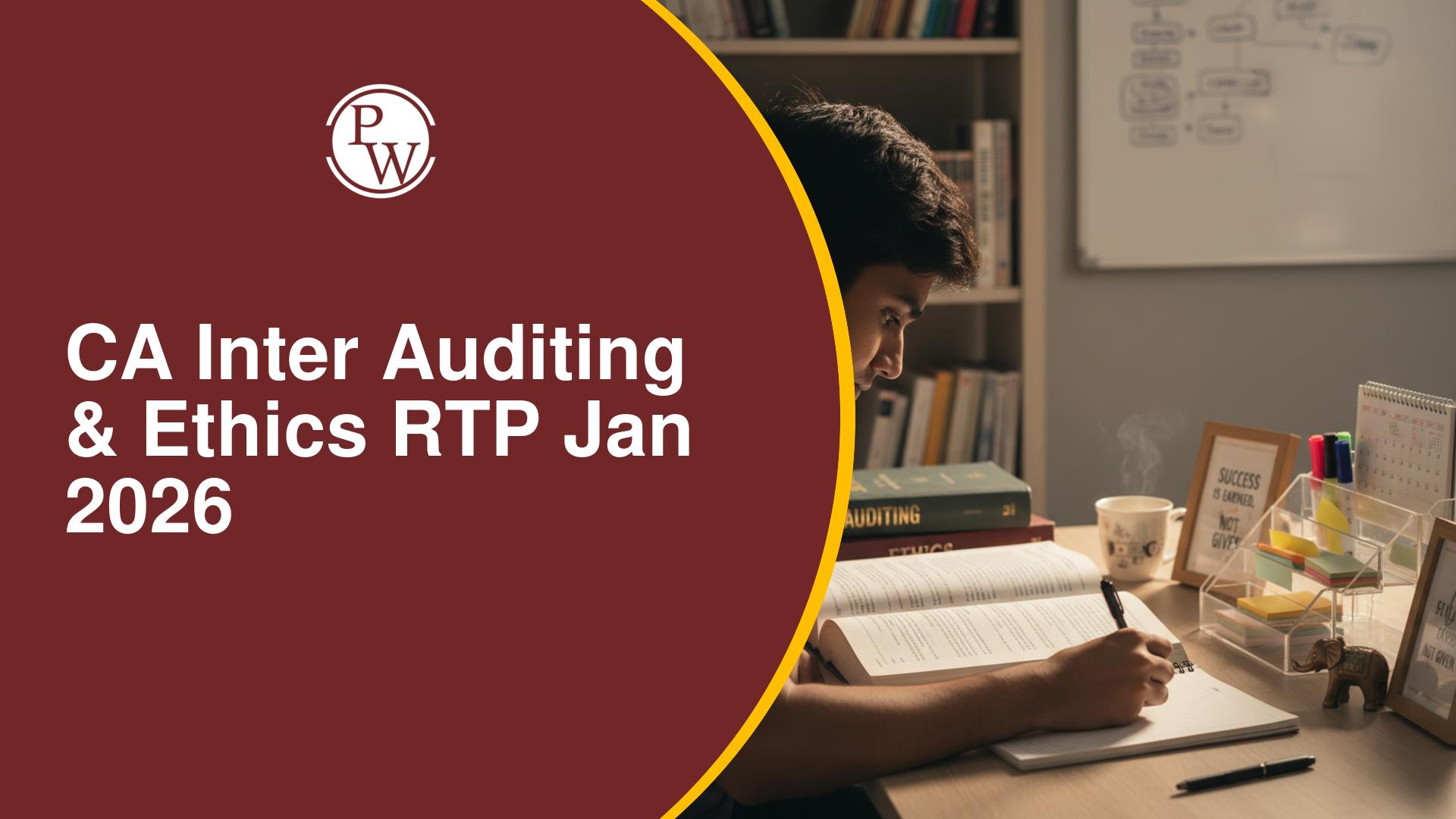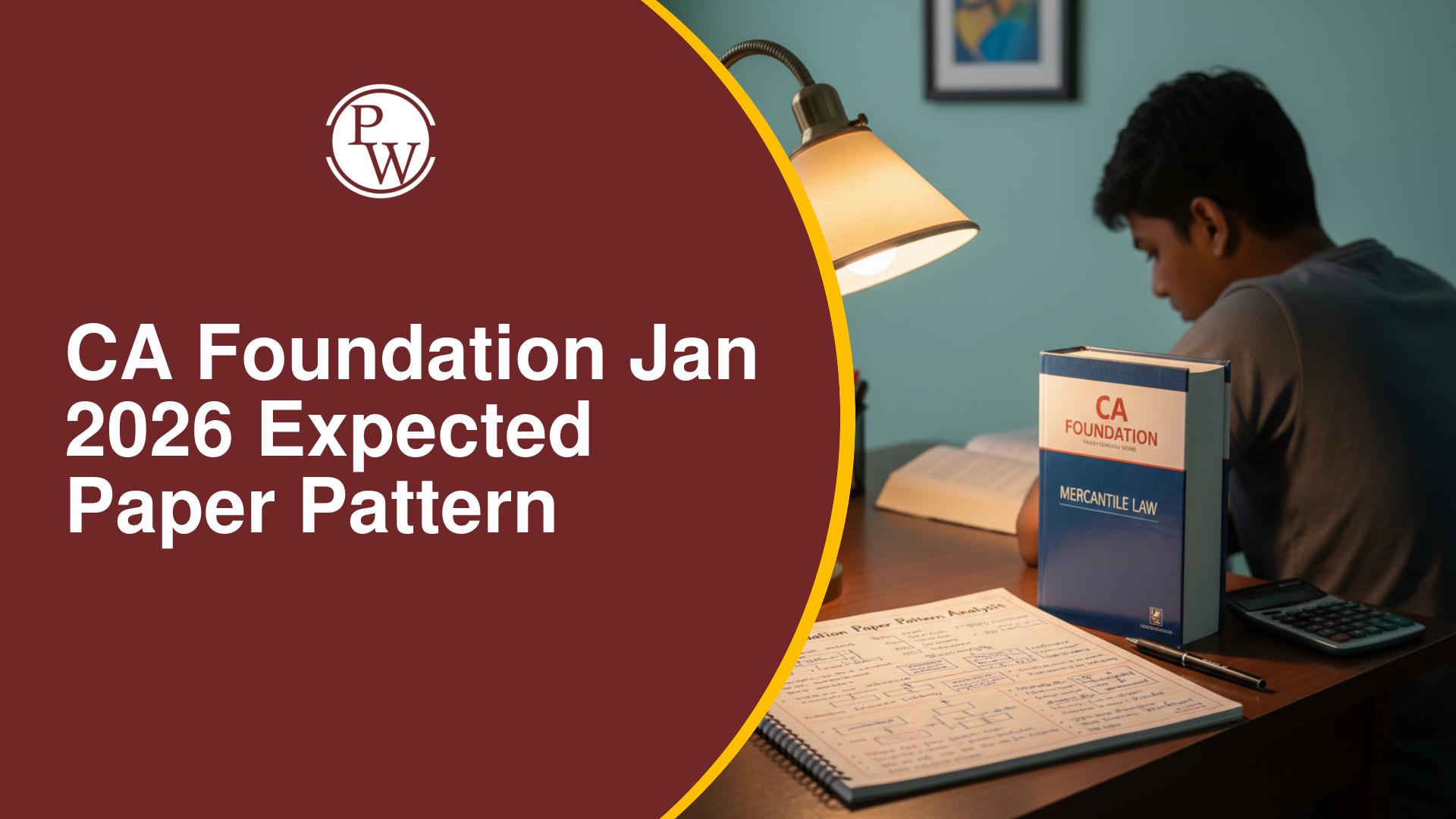
Technology in auditing has emerged as a transformative force, reshaping the way audits are conducted. For CA students, understanding these technological advancements is crucial to staying ahead in the field. With the integration of advanced tools like data analytics, artificial intelligence, and blockchain, auditing has become more efficient, accurate, and insightful.
This article delves into the various tools and techniques that define modern auditing for CA Exams , highlighting their benefits and the challenges they present. By embracing these technologies, future auditors can enhance their skills and ensure they are well-prepared for the evolving demands of the profession.Technology in Auditing
Technology in Auditing has profoundly transformed the auditing profession over the past few decades. Gone are the days when auditors relied solely on manual processes and paper-based documentation. Today, advanced software tools, data analytics, and automation are integral components of the auditing process.Technologies in Auditing Key Points
In the ever-evolving landscape of auditing, several key technologies have emerged, each playing a pivotal role in enhancing the efficiency, accuracy, and overall effectiveness of the audit process. Let's explore these groundbreaking tools and techniques that are transforming the field of auditing.1. Data Analytics and Big Data
Data analytics is at the forefront of technology in auditing. By leveraging big data, auditors can analyze vast amounts of information quickly and accurately, identifying patterns and anomalies that might go unnoticed with traditional methods. This not only enhances the thoroughness of audits but also enables auditors to provide more insightful recommendations.2. Artificial Intelligence and Machine Learning
Artificial Intelligence (AI) and Machine Learning (ML) are revolutionizing auditing by automating routine tasks, such as data entry and reconciliation. AI-powered tools can sift through large datasets, detect irregularities, and even predict potential risks. This allows auditors to focus on more complex and value-added activities.3. Blockchain Technology
Blockchain offers a secure and transparent way to record transactions, making it a powerful tool for auditors. By providing a tamper-proof ledger, blockchain ensures the integrity of financial records and reduces the risk of fraud. Auditors can verify transactions more efficiently and with greater confidence.4. Robotic Process Automation (RPA)
Robotic Process Automation (RPA) involves using robots or software to automate repetitive tasks. In auditing, RPA can handle tasks such as data extraction, validation, and reporting. This not only speeds up the audit process but also minimizes human errors.5. Cloud Computing
Cloud computing has transformed how data is stored and accessed. With cloud-based solutions, auditors can access financial information from anywhere, at any time. This flexibility enhances collaboration and allows for real-time auditing, reducing the time and cost involved in the audit process.Also Check: Role of Auditors in Corporate Governance
Benefits of Using Technology in Auditing
Integrating technology in auditing offers numerous advantages, enhancing the overall efficiency, accuracy, and value of the audit process.Enhanced Efficiency
Technology significantly speeds up the auditing process. Tasks that used to take days or weeks can now be completed in hours. This efficiency allows auditors to handle more clients and deliver results faster.Improved Accuracy
Automation and data analytics reduce the likelihood of human error. By relying on advanced tools, auditors can ensure the accuracy and reliability of their findings.Greater Insights
Technological tools provide deeper insights into financial data. Auditors can identify trends, spot anomalies, and make more informed recommendations to their clients.Cost Savings
While the initial investment in technology may be significant, the long-term cost savings are substantial. Automated processes reduce labor costs, and efficient auditing reduces the overall time spent on each audit.Future of Technology in Auditing
The future of technology in auditing looks promising. As AI, blockchain, and other technologies continue to evolve, auditors will have even more powerful tools at their disposal. These advancements will further enhance the accuracy, efficiency, and value of audits. To excel in your CA exams and become a proficient auditor equipped with the latest technological skills, consider enrolling in PW CA Courses. These courses are designed to provide you with comprehensive knowledge and practical insights, helping you crack the CA exam with confidence. With expert instructors and a curriculum that includes the latest trends in technology in auditing, PW CA Courses is your pathway to success.Technology in Auditing FAQs
What is the role of data analytics in auditing?
Data analytics helps auditors analyze large datasets quickly and accurately, identifying patterns and anomalies for more thorough audits.
How does AI benefit the auditing process?
AI automates routine tasks, detects irregularities, and predicts potential risks, allowing auditors to focus on complex activities.
What are the advantages of using blockchain in auditing?
Blockchain provides a secure, transparent ledger, ensuring the integrity of financial records and reducing fraud risk.
Why is cloud computing important for auditors?
Cloud computing enables auditors to access data anytime, anywhere, enhancing collaboration and real-time auditing.
What challenges do auditors face when implementing new technology?
Auditors face challenges such as system integration, training, adaptation, and ensuring data security when implementing new technology.
🔥 Trending Blogs
Talk to a counsellorHave doubts? Our support team will be happy to assist you!

Free Learning Resources
PW Books
Notes (Class 10-12)
PW Study Materials
Notes (Class 6-9)
Ncert Solutions
Govt Exams
Class 6th to 12th Online Courses
Govt Job Exams Courses
UPSC Coaching
Defence Exam Coaching
Gate Exam Coaching
Other Exams
Know about Physics Wallah
Physics Wallah is an Indian edtech platform that provides accessible & comprehensive learning experiences to students from Class 6th to postgraduate level. We also provide extensive NCERT solutions, sample paper, NEET, JEE Mains, BITSAT previous year papers & more such resources to students. Physics Wallah also caters to over 3.5 million registered students and over 78 lakh+ Youtube subscribers with 4.8 rating on its app.
We Stand Out because
We provide students with intensive courses with India’s qualified & experienced faculties & mentors. PW strives to make the learning experience comprehensive and accessible for students of all sections of society. We believe in empowering every single student who couldn't dream of a good career in engineering and medical field earlier.
Our Key Focus Areas
Physics Wallah's main focus is to make the learning experience as economical as possible for all students. With our affordable courses like Lakshya, Udaan and Arjuna and many others, we have been able to provide a platform for lakhs of aspirants. From providing Chemistry, Maths, Physics formula to giving e-books of eminent authors like RD Sharma, RS Aggarwal and Lakhmir Singh, PW focuses on every single student's need for preparation.
What Makes Us Different
Physics Wallah strives to develop a comprehensive pedagogical structure for students, where they get a state-of-the-art learning experience with study material and resources. Apart from catering students preparing for JEE Mains and NEET, PW also provides study material for each state board like Uttar Pradesh, Bihar, and others
Copyright © 2026 Physicswallah Limited All rights reserved.








